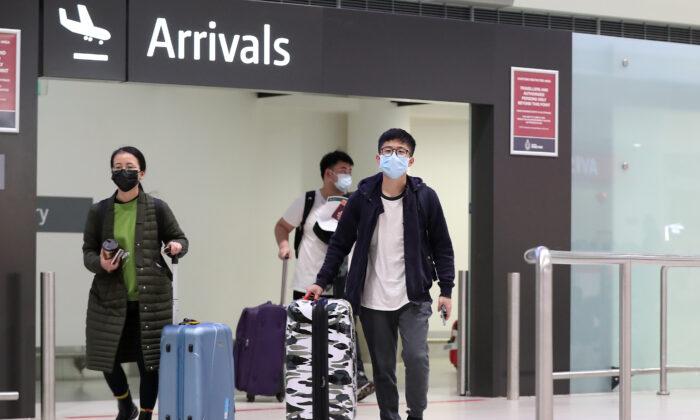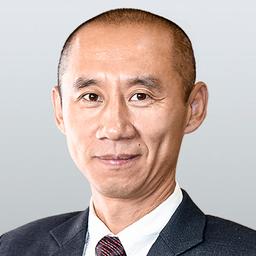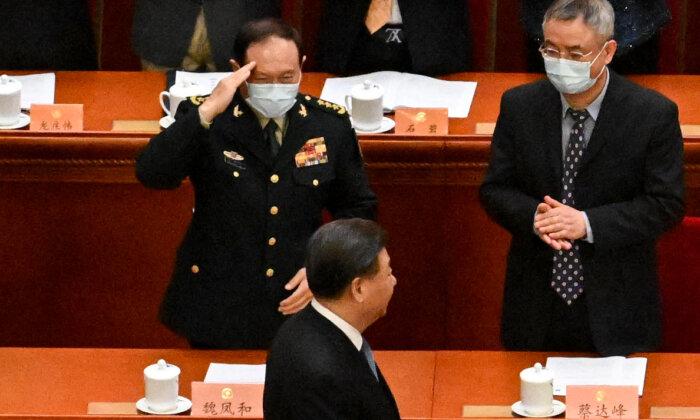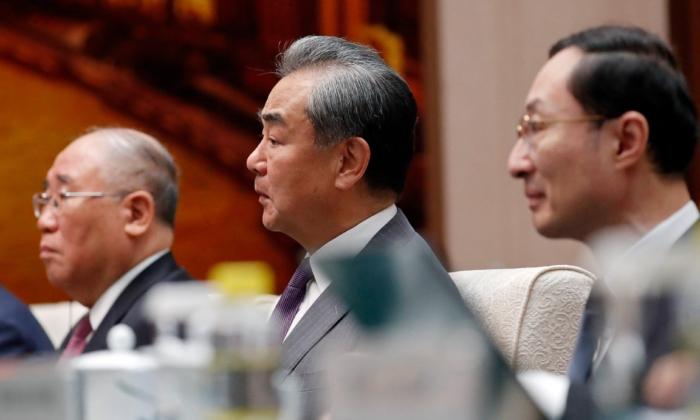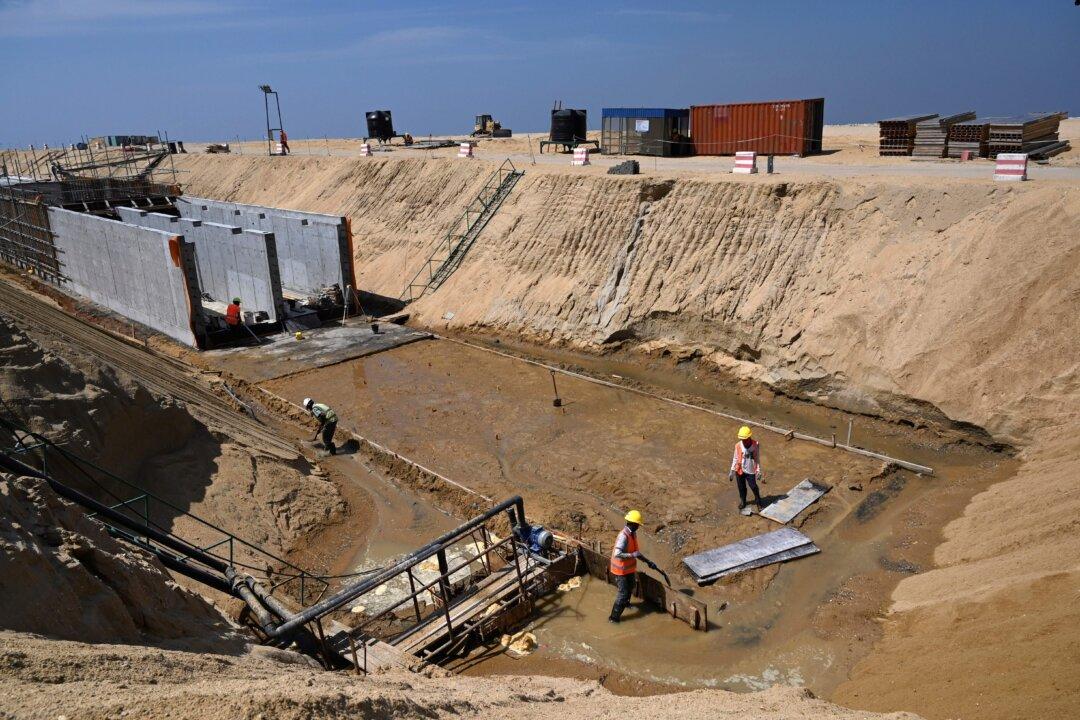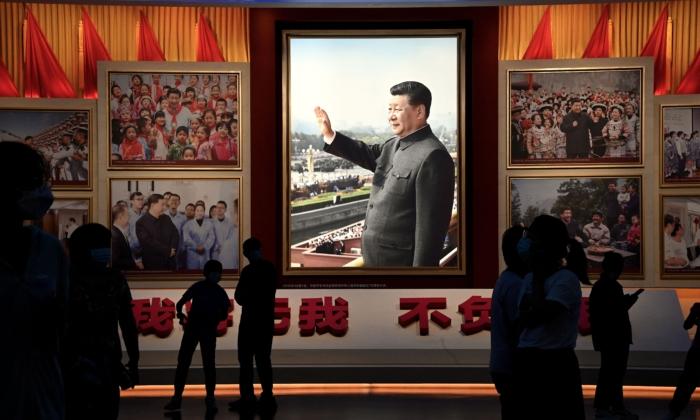Concerned about China’s worsening political climate and its economic repercussions, wealthy Chinese are accelerating the process of emigration and transferring of assets overseas.
A report published in July by the U.S. National Association of Realtors shows that over the past 12 months, Chinese buyers in the U.S. real estate market ranked first in foreign buyer transactions, with a total of $6.1 billion. Fifty-eight percent of these transactions were paid in cash, and the average transaction price was $1 million.
The main reason the affluent are transferring their assets and preparing to leave China appears to be that 2022 is the year of the five-year change of power at the top of the Chinese Communist Party.
According to established rules, Chinese leader Xi Jinping should step down at the end of this year when his term ends. But there are many signs that he’s trying to change the rules in order to be reelected for another term during the 20th National Congress in October. As a result, the decade-long power struggle between the supporters of Xi and those of former leader Jiang Zemin is becoming more intense.
The political war between the two factions affects the rich Chinese and could have dangerous consequences for them. The recent incident involving Shanghai billionaire Guo Guangchang, chairman and co-founder of the Fosun International Limited conglomerate, demonstrates the situation.
Shanghai is the center of the Jiang faction. Commentators say that Guo got mixed up in the political struggle between the Xi and Jiang factions. According to Feng Chongyi, an associate professor at the University of Technology Sydney, Guo has had close ties to the Jiang faction.
Recently, Fosun ran into trouble. This year, it found itself no longer expanding but stuck in a liquidity crisis with rising risks of debt default.
On Sept. 13, a notice from the Beijing State-owned Assets Supervision and Administration Commission of the State Council urged all enterprises under its jurisdiction to sort out their ties with Fosun and evaluate the risks. After the notice was circulated on the internet, Fosun’s shares dropped.
That forced Fosun to sell its holdings in many companies including Tsingtao Brewery, Zhongshan Public, Hainan Mining, Jinhui Liquor, Fosun Pharma, and Fosun Tourism, eventually managing to raise roughly 10 billion yuan (about US$1.5 billion).
